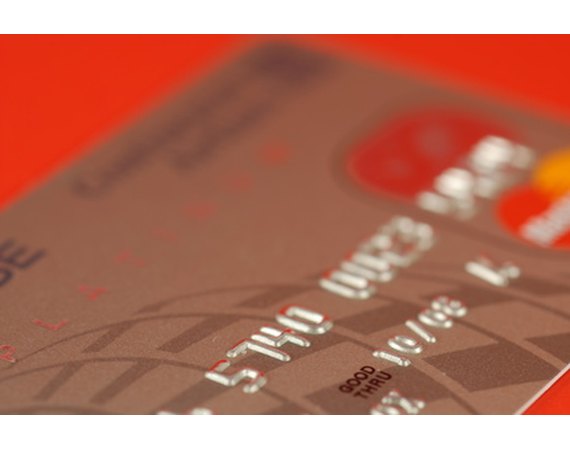
Bankruptcy is a means to avoid complete insolvency in the face of financial hardship. When a person or business declares bankruptcy a request is made of the court to protect the borrower from those owed money. There are different levels of bankruptcy, but all types involve court-ordered settlements between borrowers and lenders. Avoiding bankruptcy when unable to pay unsecured debt can involve several tactics. Always remember a lender wants a borrower to avoid bankruptcy and its protection.
Negotiation
The first thing any borrower should do when unable to meet an obligation on a debt is contact the lender and discuss the situation. Lenders may be intransigent to the borrowers situation but can also be amenable to reorganizing the debt and arranging new terms for payment. Its important to remember the debt is unsecured. All the lender has as security for repayment is the borrowers intentions and ability to pay. If the borrower declares bankruptcy the lender may get nothing. Working with the borrower to improve the situation will be beneficial to both.
Liquidation
Borrowers should also consider liquidating assets to pay unsecured loans. If credit lines were used to purchase goods and the money to pay the debt is not available, then selling the goods to raise cash can be beneficial. Even though the purchased products are not registered as collateral on the credit line, the borrower is well aware of the relation between the debt and the assets. If buyers are not immediately available, do not hesitate to contact the lender for assistance with liquidating the asset. Many lenders have the resources to market, auction or sell outright different consumer goods in an effort to raise capital for the borrower. Although the borrower does not sign over the ownership of the goods to the lender as an in-kind payment, the lender will be motivated to assist the borrowers efforts to meet the obligation.
Ignoring the Debt
It is very unsavory to consider, but unsecured means there are no assets assigned to the debt. Borrowers should carefully weigh the long-term consequences of bankruptcy (10 years) against the shorter-term problems with an unsecured credit line charged off as bad debt (seven years).
Creditors may take heavy-handed legal action to recover the debt, but if the borrower has few assets then such action is moot. The lender cannot recover money where it does not exist. Also, courts in the United States will rarely order wage garnishments or asset seizure for paying unsecured debt. The debt is unsecured--the lenders efforts to get security through the courts is not a common occurrence. If the borrower has no significant assets (a paid-for home, other real property, liquid assets such as stocks or savings), then the court action is moot and will only cost the lender legal fees never recovered.






0 comments:
Post a Comment